How Did the World Get So Many Languages?
Have you ever wondered how many languages are spoken around the world? According to Worldatlas, “There are about 7,099 languages spoken in the world” and on top of all those, the number is “constantly increasing because new world’s languages emerge every day.” But where did they all come from?
Multiple Languages Are Found Everywhere
You might believe that larger countries speak more languages, and smaller speak fewer, but “the tropical island of New Guinea is home to over 900 languages. Russia, 20 times larger, has 105 indigenous languages.” Diversity is even greater in some tropical locations. For example, “the 250,000 people who live on Vanuatu’s 80 islands speak 110 different languages, but in Bangladesh, a population 600 times greater speaks only 41 languages” (The Conversation).
Why So Many?
There is no clear-cut answer to this question. Every culture has its own explanation and story, crafted over the centuries.
- Some say that mankind began with one common language that evolved as humans migrated.
- Others say that the multiple languages developed independently over time.
But even if there was a single language that started it all, several factors from climate to warfare could have easily caused the development of new languages to emerge.
A Final Explanation
One study on language diversity attempted to come up with an answer to the language mystery, but in the end, they came to this general conclusion:
A wide variety of social and environmental factors and processes have contributed to the patterns in language diversity we see across the globe. In some places, topography, climate or the density of key natural resources may be more critical; in others the history of warfare, political organization or the subsistence strategies of different groups may play a bigger role in shaping group boundaries and language diversity patterns. (The Conversation)
So, we continue to speak different languages, learn new ones as they emerge, and keep diversity and cultures going strong. All we can do is learn new ways to understand one another and become closer through language and translation.
Communication Matters the Most
Regardless of how we all began speaking different languages, it’s important that we continue to communicate and grow toward universal acceptance. This is why translation is such an important tool in bringing people together.
Translation fosters understanding. It can lead to hope, peace, and unity. Medical and health translation can save lives, marketing translation can expand businesses globally, and translation in tourism can help people experience new places and connect with old cultures.
We work in multiple language pairs to ensure that all of your business’s translation needs are met to your satisfaction. Our professional translators come from around the world, and no matter where the language came from, it’s our job to ensure that it can be understood by all. Contact us for more information about what our translators can do for you.

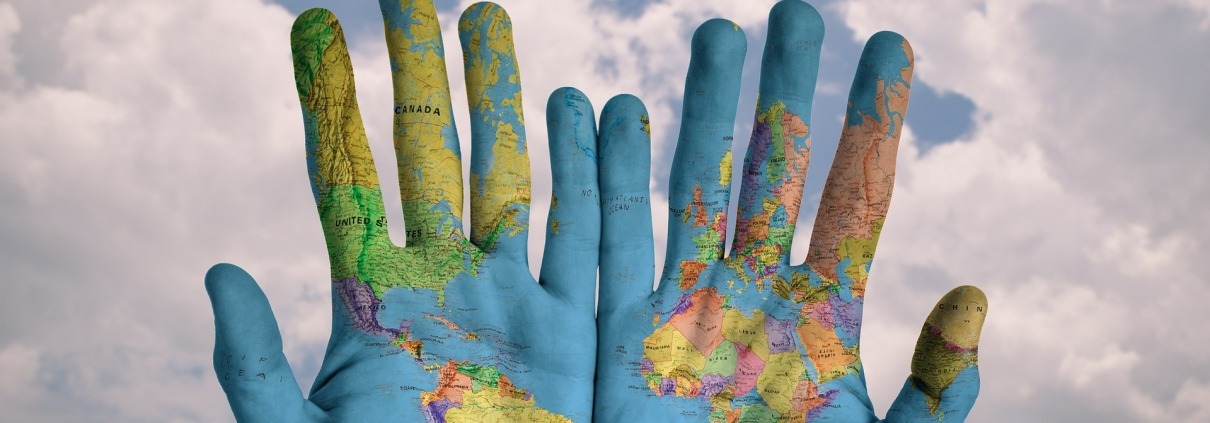
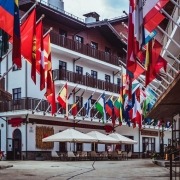


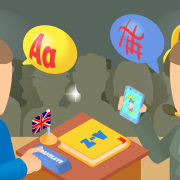

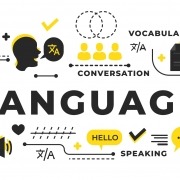











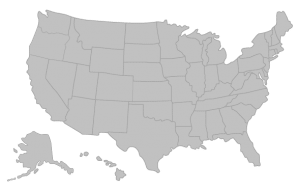


Leave a Reply
Want to join the discussion?Feel free to contribute!